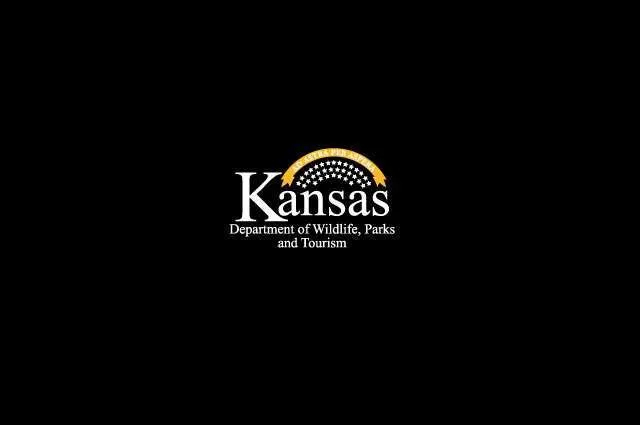During the Workshop portion of the Kansas Wildlife, Parks and Tourism Commission’s August public meeting in Great Bend, commissioners heard a proposal from department staff to raise fees for hunting and fishing licenses. The proposal outlined fee history, revenue needs and compared proposed fees with those of surrounding states.
The Kansas Department of Wildlife, Parks and Tourism (KDWPT) has not increased hunting and fishing license fees since 2002, and fees for deer and turkey permits haven’t increased since 1984. However, the department has arrived at a critical point due to inflation, and increased revenue is needed to maintain pivotal wildlife and fishery programs. Spending has remained constant, but the uncommitted portion of the Wildlife Fee Fund has begun to shrink. A healthy Wildlife Fee Fund with an uncommitted balance is important for cash flow at certain times of the year and ensures that excise taxes on hunting and fishing equipment allotted to the state through the Wildlife and Sport Fish Restoration program can be captured.
KDWPT staff outlined the programs that need continued funding to provide quality hunting and fishing opportunities and ensure wildlife and important habitats are conserved. Priority programs include: Walk–In Hunting Access – leases more than 1 million acres of private land for public hunting access, more than tripling the amount of land open to hunting; FISH – leases private ponds and streams for angling access; Community Fisheries Assistance Program – enhances fishing opportunities on community-owned lakes and pays to remove any angler fees; the Pass It On and Aquatic Education programs – provide hunting, fishing and outdoor experiences to thousands of youth annually; and private land programs – assist landowners to improve wildlife habitat with economically feasible methods. There are also day-to-day operations that require funding, including law enforcement, four state fish hatcheries that produce 100 million sport fish annually, managing wildlife and habitat on more than 350,000 acres of federal and state land, and managing sport fisheries on 24 federal reservoirs, 44 state fishing lakes and more than 200 community lakes.
The fee proposal also includes recommendations for value-added options with substantial savings. For example, resident hunters and anglers currently pay $18 for a fishing or hunting license and $36 for an annual combination license. The proposed fee for a general resident hunting or fishing license is $25, but the proposal also includes an annual fish/hunt combination license for $45 and an early-buy combination for $40 if purchased before March 1. The proposed early-buy combo license would be just $4 more than what current combo license buyers are paying.
Other value-added licenses being recommended include 5-year hunting and fishing licenses. The recommended price for a five-year fishing or hunting license is $100, a savings of $25. The price for a five-year combination hunting/fishing license would be $180, which is a $70 savings and equal to what hunters are paying currently for combination licenses over a five-year period.
Other recommended fee increases include: nonresident hunting license from $70 to $95; nonresident deer permit from $315 to $415; nonresident spring turkey permit from $30 to $60; general resident deer permits from $30 to $40; and resident turkey permits from $20 to $25. A complete listing of all proposed fee changes can be downloaded from www.ksoutdoors.com, by clicking on “Commission,” “Pending Draft Regulations,” and then “October 22, 2015 60-day Notice.” The fees changes are included in K.A.R. 115-2-1.

